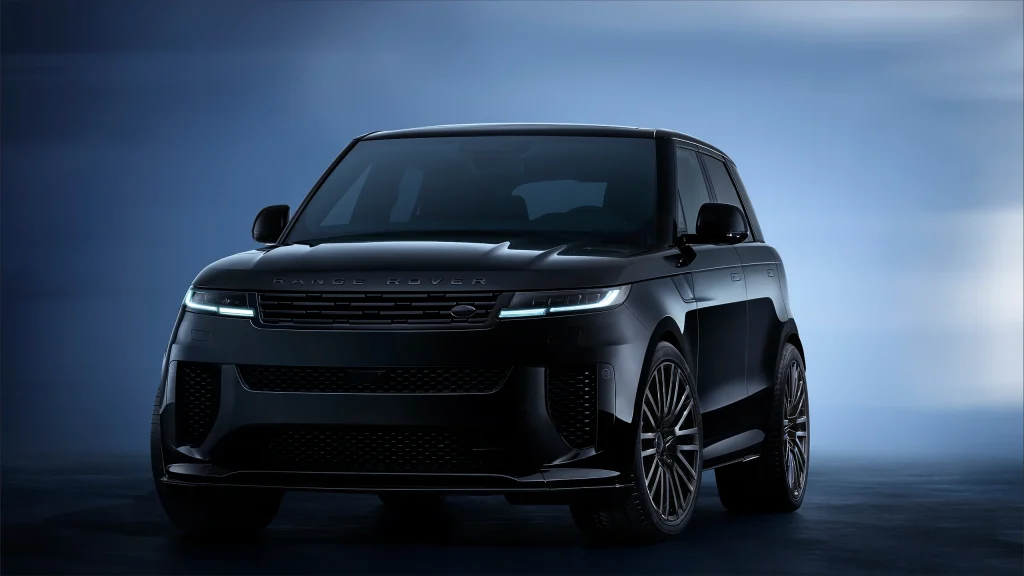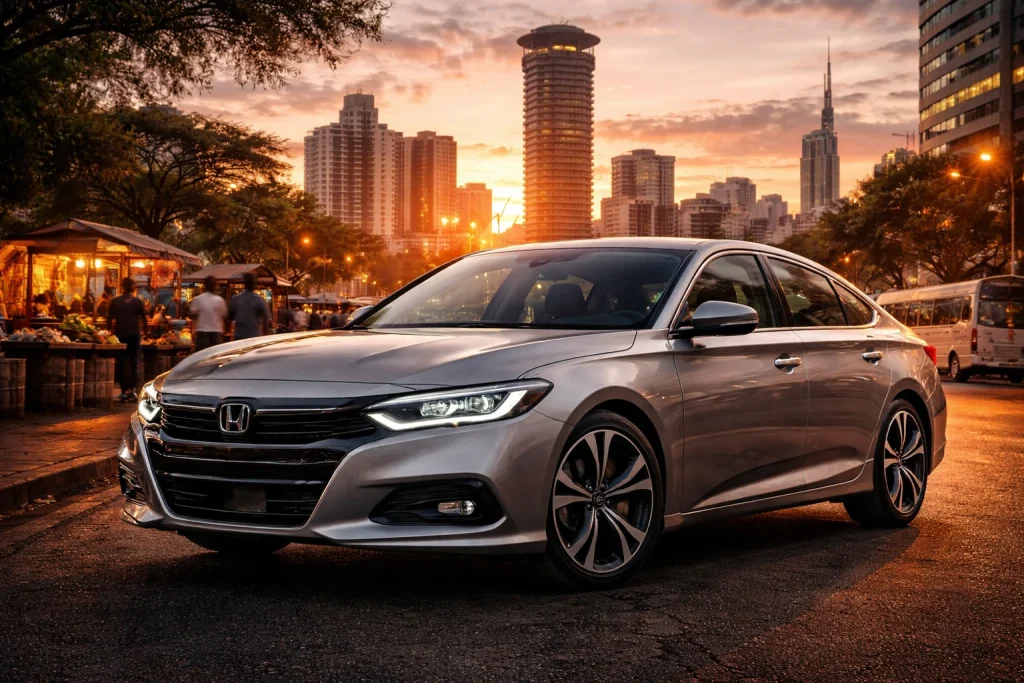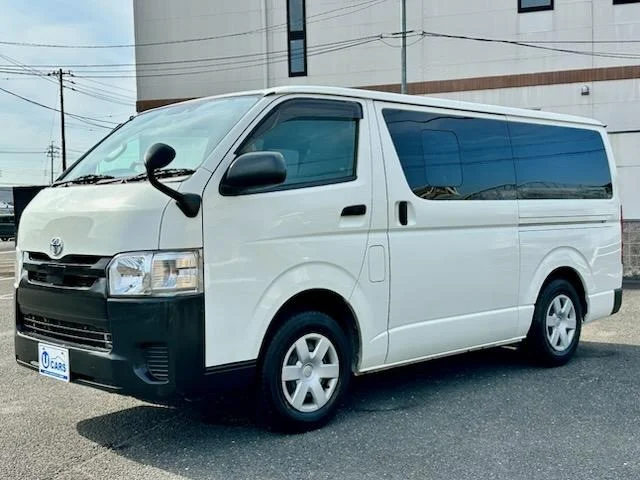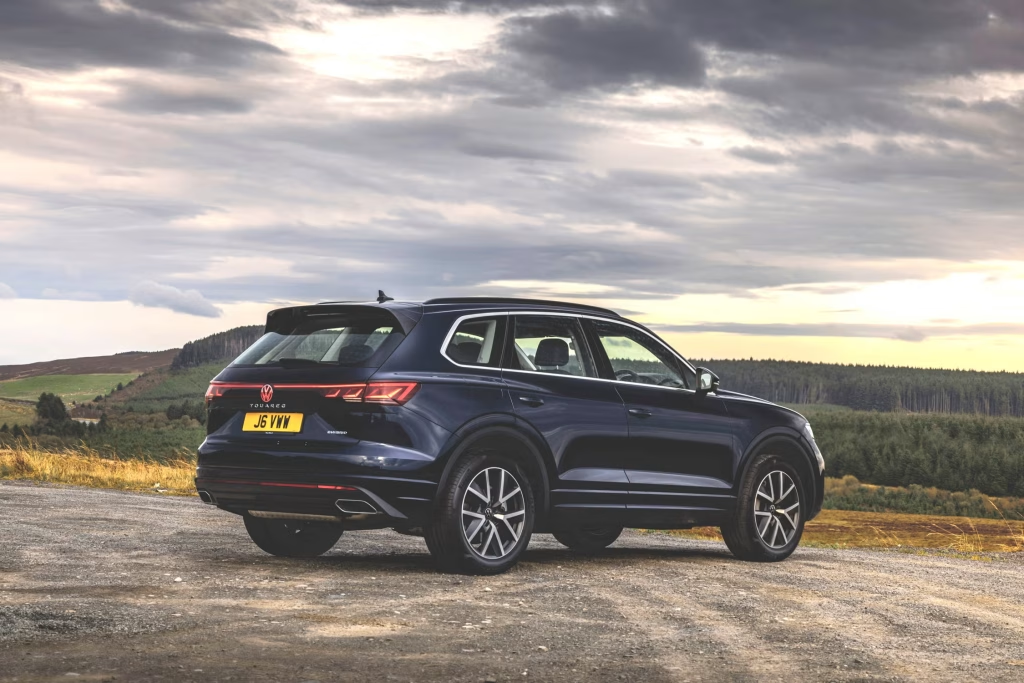Introduction: The Shift to Eco-Friendly Vehicles in Kenya
With rising fuel prices, increasing environmental concerns, and government incentives, more Kenyans are considering hybrid and electric vehicles (EVs) as alternatives to traditional petrol and diesel cars. But when choosing between a hybrid car and a fully electric vehicle (EV), which is the better option for Kenya’s roads and infrastructure?
This guide compares hybrid cars and electric vehicles in Kenya, considering fuel savings, charging infrastructure, maintenance costs, government policies, and overall practicality to help you make the best choice.
1. Understanding the Key Differences: Hybrid vs. Electric Cars
| Feature | Hybrid Car | Electric Car (EV) |
|---|---|---|
| Fuel Usage | Uses both petrol and electric power | 100% electric, no fuel needed |
| Battery Charging | Self-charges while driving (regenerative braking) | Requires external charging |
| Fuel Economy | 16 – 30 km/l | Equivalent to 50 – 80 km/l (depending on battery capacity) |
| Maintenance Costs | Lower than petrol cars, but still requires engine servicing | Very low, no engine maintenance |
| Availability in Kenya | Many options available (Toyota Prius, RAV4 Hybrid, Aqua, etc.) | Limited models (Nissan Leaf, Hyundai Kona EV, BYD Dolphin) |
| Charging Infrastructure | Not required | Requires charging stations (limited in Kenya) |
| Government Incentives | Lower import duties than petrol cars | Tax exemptions on VAT and road tax for EVs |
| Best For | Highway driving, long-distance travel, urban commuting | City driving, short trips, eco-conscious buyers |
📌 Tip: If you drive long distances, a hybrid is better. If you mostly drive in the city and have access to charging, an EV is a great option.
2. Fuel Savings & Cost Efficiency: How Much Can You Save?
One of the main reasons Kenyans switch to hybrid or electric cars is to save on fuel costs.
Hybrid Cars: Fuel Savings
Hybrid cars significantly reduce fuel consumption by switching to electric mode in traffic and using regenerative braking to recharge the battery.
| Hybrid Model | Fuel Economy (km/l) | Fuel Cost for 1000km (Ksh) |
|---|---|---|
| Toyota Prius Hybrid | 22 – 25 km/l | Ksh 8,000 – 9,500 |
| Toyota Aqua Hybrid | 25 – 30 km/l | Ksh 6,500 – 8,000 |
| Honda Fit Hybrid | 22 – 28 km/l | Ksh 7,000 – 9,000 |
Electric Cars: Cost Savings Per Charge
EVs don’t use fuel and are charged using electricity. Charging at home costs significantly less than refueling at a petrol station.
| EV Model | Battery Range (km) | Charging Cost per Full Charge (Ksh) |
|---|---|---|
| Nissan Leaf EV | 250 – 300 km | Ksh 600 – 800 |
| Hyundai Kona EV | 350 – 400 km | Ksh 900 – 1,200 |
| Tesla Model 3 | 450 – 500 km | Ksh 1,500 – 2,000 |
📌 Fact: Charging an EV is 60-80% cheaper than fueling a hybrid. However, hybrids don’t require a charging station, making them more convenient for Kenyan roads.
3. Charging Infrastructure in Kenya: Is Kenya Ready for EVs?
One of the biggest challenges for electric cars in Kenya is the lack of charging stations.
Current EV Charging Stations in Kenya
🔌 Kenya Power EV Charging Stations – Nairobi, Mombasa, Nakuru
🔌 Roam Charging Hub – Westlands, Nairobi
🔌 EV Charging Stations at Shopping Malls – Two Rivers, Village Market, Sarit Centre
📌 Challenges for EV Charging in Kenya:
🚧 Few Charging Stations – EV infrastructure is still developing.
🚧 Home Charging Requires a Reliable Power Supply – Blackouts can be a challenge.
🚧 Long Charging Times – Fast chargers are still limited.
✅ Hybrids don’t require external charging, making them more practical for Kenya in the short term.
4. Maintenance & Repair Costs: Which is More Affordable?
EVs require less maintenance than hybrids because they don’t have an engine, oil, or fuel system. However, battery replacement costs can be high.
Hybrid vs. EV Maintenance Costs in Kenya
| Maintenance Type | Hybrid Car (Ksh) | Electric Car (Ksh) |
|---|---|---|
| Oil Change (Per Year) | 10,000 – 15,000 | N/A (No oil required) |
| Brake Pad Replacement | 10,000 – 15,000 | 10,000 – 12,000 |
| Battery Health Check | 3,000 – 5,000 | 5,000 – 8,000 |
| Battery Replacement | 200,000 – 500,000 | 500,000 – 1.2M |
📌 Fact: EVs have fewer moving parts and lower maintenance costs but battery replacement is expensive.
5. Government Incentives & Tax Policies for Hybrids and EVs in Kenya
Kenya is encouraging the adoption of green vehicles through tax incentives and policy support.
Hybrid Car Incentives in Kenya
✔ Lower Import Duty (25%) compared to petrol cars (35%).
✔ Excise Duty (10%) is lower than petrol cars (20-25%).
✔ Reduced VAT (16%) for hybrid vehicle imports.
Electric Car Incentives in Kenya
✔ VAT Exemption – No VAT on fully electric vehicles.
✔ No Excise Duty – Unlike petrol and hybrid cars.
✔ 50% Road Tax Reduction – Lower annual road tax costs.
📌 Tip: If you’re looking for maximum tax savings, an EV is the better option.
6. Which is Better for You? Hybrid vs. Electric Cars in Kenya
🚗 Choose a Hybrid Car If:
✔ You drive long distances and need a car that works anywhere.
✔ You don’t want to worry about charging stations.
✔ You want fuel efficiency but still need petrol backup.
✅ Best Hybrid Choices in Kenya:
- Toyota Prius Hybrid – Best for city & highway use.
- Toyota Aqua Hybrid – Most fuel-efficient.
- Toyota RAV4 Hybrid – Best hybrid SUV for rough terrain.
🔋 Choose an Electric Car (EV) If:
✔ You have easy access to charging stations or can charge at home.
✔ You want lower maintenance costs and zero fuel expenses.
✔ You mainly drive in Nairobi, Mombasa, or urban areas.
✅ Best Electric Car Choices in Kenya:
- Nissan Leaf EV – Best affordable EV.
- Hyundai Kona EV – Great range & efficiency.
- Tesla Model 3 – Luxury performance EV.
📌 Final Thought: If you need a car that’s fuel-efficient, reliable, and works anywhere, choose a hybrid. If you want zero fuel costs and lower maintenance, and can handle charging logistics, go for an EV.





